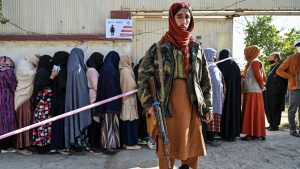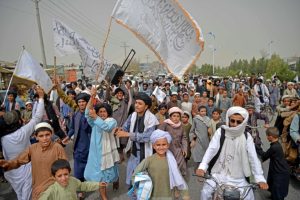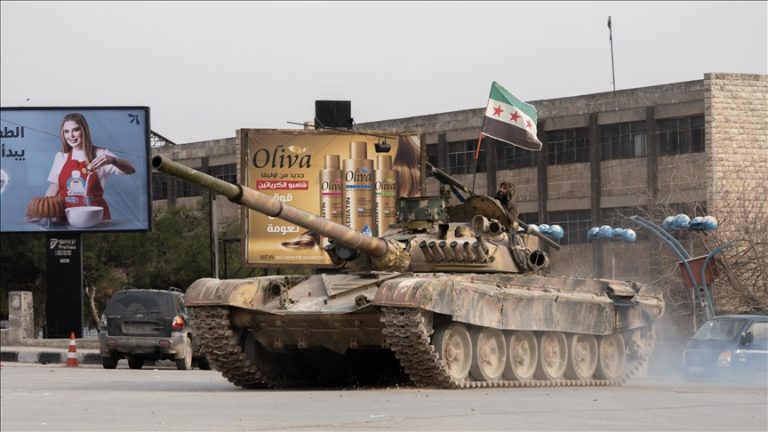Taliban’s Fourth Anniversary of Power
On August 15. 2025, the Taliban marked the 4th anniversary of their return to power in Afghanistan, commemorating the day in 2021 when U.S. forces withdrew, and the group seized Kabul. Declaring it a “Victory Day,“ the Taliban leadership issued stern warnings alongside celebrations, highlighting their continued hard-line grip on the country.
Supreme Leader Hibatullah Akhundzada released a message urging Afghans to express “great gratitude to Allah Almighty” for liberation from what he called corruption and oppression.
He warned that failure to show gratitude could lead to “severe punishment from Allah,” a message seen as both religious guidance and political intimidation.

Despite the Taliban’s claims of restoring order, Afghanistan remains internationally isolated. While Russia formally recognized the Taliban administration in July 2025, most of the world refuses to grant legitimacy, citing widespread human rights violations and the group’s refusal to form an inclusive government.
Women’s Rights Under Attack
One of the most striking consequences of Taliban rule has been the near-erasure of women from public life. The United Nations reported that at least 1.4 million girls have been denied education since the Taliban takeover.
Women are barred from working in NGOs, face severe restrictions on mobility, and risk violent reprisals if they attempt to defy these bans.

Although Taliban officials claim to investigate threats against women, survivors and rights groups point to systematic repression.
Impact on Afghan People
For ordinary Afghans, the Taliban’s fourth anniversary is not a celebration but a reminder of hardship. Economic collapse has deepened poverty, with millions relying on humanitarian aid that is increasingly difficult to deliver under Taliban restrictions. Food insecurity, lack of healthcare, and unemployment remain widespread.
Women and girls have been disproportionately affected, losing not only their educational opportunities but also their basic freedoms.
Families describe the psychological toll of raising children in an environment where hope is shrinking and opportunities are nearly nonexistent.

Many Afghans also face the burden of International isolation, with limited diplomatic engagement leaving the country cut off from global investment and trade.
For younger generations, especially students and professionals, the dream of progress has been replaced with despair and forced adaptation to Taliban-imposed restrictions.
Conclusion
The Taliban’s anniversary rhetoric of divine victory stands in stark contrast to the daily realities of Afghans. Four years after their return, Afghanistan remains a nation under siege—not by foreign powers, but by the weight of repression, poverty, and unfulfilled promises of stability.
Source: Al Jazeera and other media outlets











